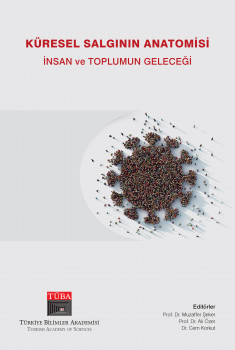New Normal at Post-COVID-19 Pandemic in Environment and Ecosystem Services

New Normal at Post-COVID-19 Pandemic in Environment and Ecosystem Services
Recently, especially insufficient infrastructure, poor sanitation and hygiene conditions, increased air pollution, poor nutrition, occupational and environmental infections have increased. COVID-19 outbreak is the latest of viral outbreaks that have occurred over the past 20 years. This virus pandemic is expected to have many effects on international relations, commercial activities, socio-cultural habits, individual behavior patterns and psychological behaviors. Another expected effect is likely to be in the environment and ecosystem services implemented in this area. According to the available data and information about the corona virus, there is no definite information about COVID-19 being transmitted through domestic wastewater and/or wastewater mixed waters. There is no need for additional treatment due to the COVID-19 outbreak in the existing central water treatment plants where filtration and disinfection processes are applied. Final chlorination application is sufficient in terms of microbiological quality and safe drinkability of drinking water. After biological wastewater treatment in domestic or urban wastewater, disinfection with UV or ozone is required to remove microorganisms causing disease. It is important for the employees of water, wastewater and solid waste collection, distribution and treatment facilities to apply hygiene rules with the use of personal protection equipment similar to healthcare workers. Measures should be taken against the risk of pathogenic microorganism spreading with micro droplets released from the central wastewater treatment plants located in the city settlements. Joint action plans should be encouraged in order to ensure sustainability by protecting worldwide wildlife with ecologically critical reserve areas with the support of voluntary organizations.
